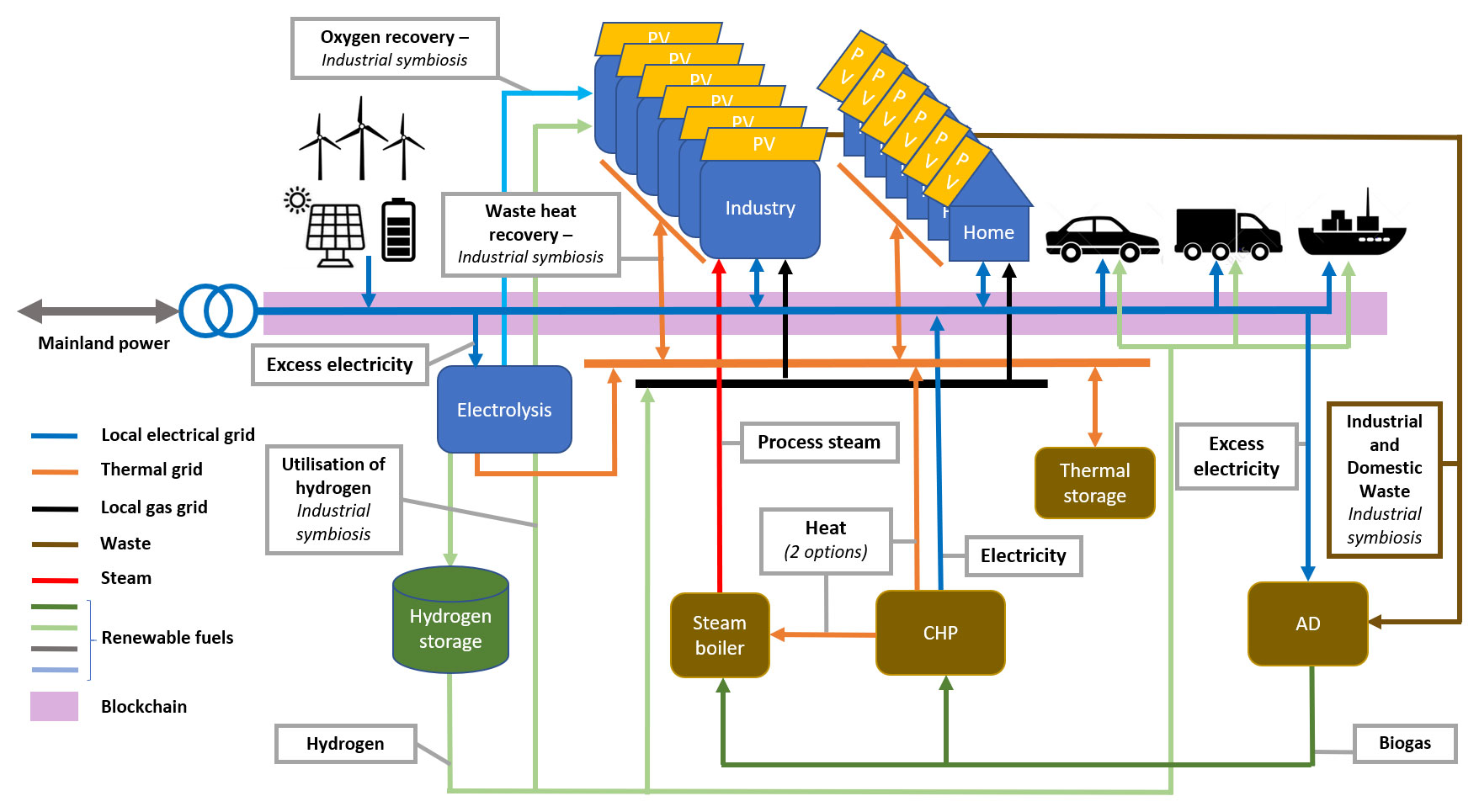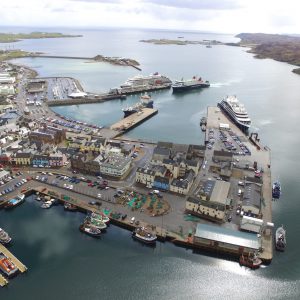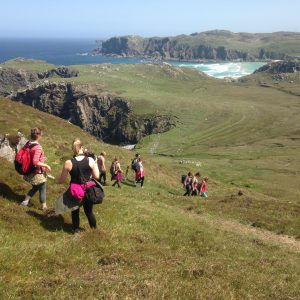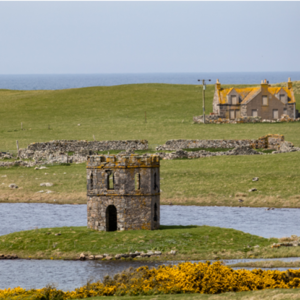smart integRation Of local energy sources and innovative storage for flexiBle, secure and cost-efficIent eNergy Supply ON industrialized islands
 This project has received funding from the European Union’s Horizon 2020 research and innovation programme under grant agreement N° 957752.
This project has received funding from the European Union’s Horizon 2020 research and innovation programme under grant agreement N° 957752.
Disclaimer excluding Agency responsibility. The information and views set out in this website are those of the authors and do not necessarily reflect the official opinion of the European Union. Neither the European Union institutions and bodies nor any person acting on their behalf may be held responsible for the use which may be made of the information contained therein.








